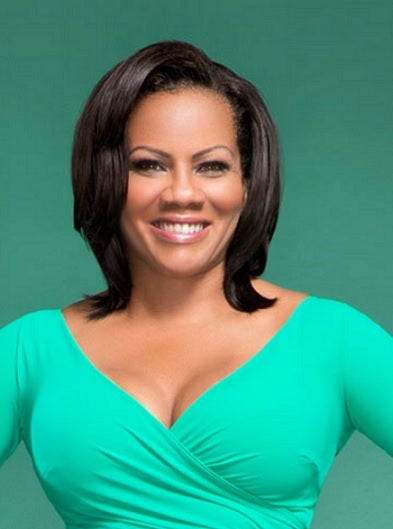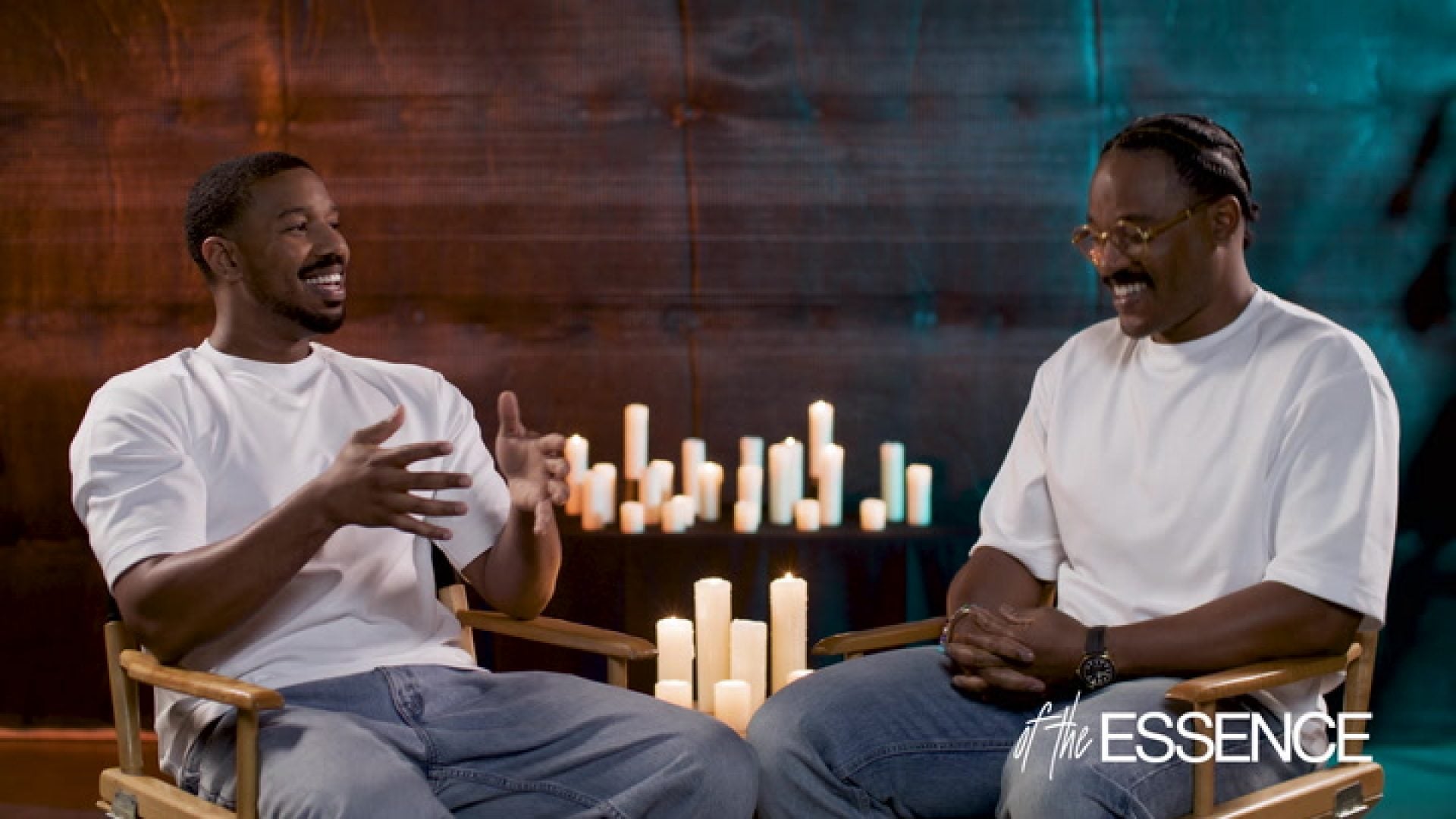
There is no such thing as a perfect martyr. Injustice is injustice, no matter who or what it touches. But we don’t believe that.
As a society, and even within the Black community, we draw conclusions about the death of a victim based on what we believe about the lives they lived—as if some people deserve more justice than others. Solving the issues we confront, advancing the cause of social justice, means first confronting that implicit bias head-on. It is that bias that drives an officer to see my sons as older and more prone to criminality than their White counterparts. It is that kind of mind-set that allows for the extrajudicial killing of Black people without meaningful consequence. It is that same predisposition that leads some of us to justify the roll-up murder of a 12-year-old in Cleveland by a police officer who had been previously deemed unfit for duty by another Ohio city police department.
For me, there is no difference between Mike Brown, Rekia Boyd, Eric Garner or Tamir Rice. Injustice is injustice, no matter who it touches.
This contribution, along with others exploring the new civil rights movement, appears in ESSENCE’s special #BlackLivesMatter issue. This historic collector’s edition is available on stands January 9.
FOR MORE FROM OUR BLACK LIVES MATTER ISSUE:
The Editor’s Letter: The Path Forward
Where Do We Go From Here?: Essay by Angela Davis
Where Do We Go From Here?: Essay by Patrisse Cullors
Where Do We Go From Here?: Essay by Isabel Wilkerson
Where Do We Go From Here?: Essay by Chirlane McCray
Where Do We Go From Here?: Essay by Sunny Hostin



